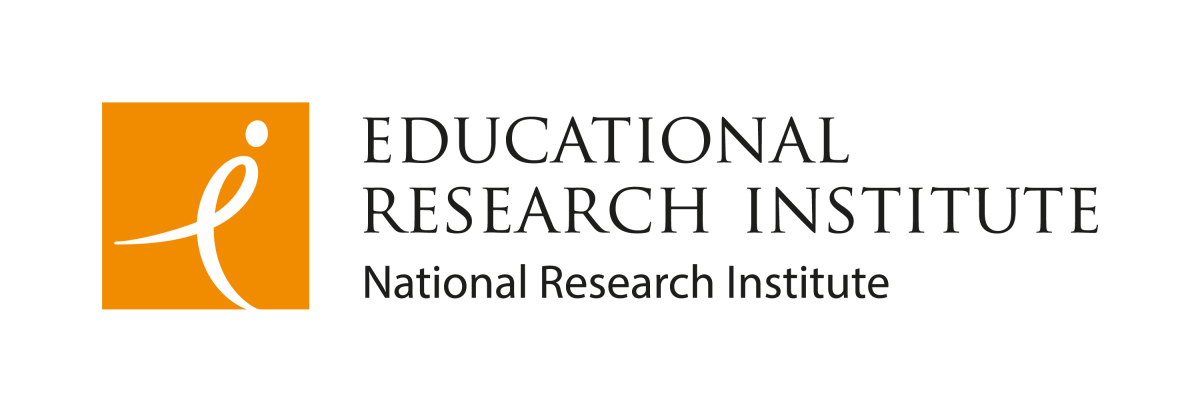We put evidence to use so that it changes behaviours and improves the life chances of children and young people.
How we work
Finding and summarising evidence of promising approaches to support teaching and learning is necessary and valuable, but it’s not enough to improve the life chances of the world’s disadvantaged children and young people. We need to do more if we want evidence to inform policy and practice change. Across the network we ensure that policymakers, teachers and other education actors are supported to act on the evidence.
Network partners are nationally or regionally focussed evidence functions with deep understanding of the social, political, economic and cultural systems which they operate in. This allows partners to develop contextually sensitive evidence use strategies which take into consideration the numerous other influences on policymakers and practitioners behaviours and work with, not against, the wider system. Partnerships with policy and or practice where evidence users can inform research agendas and projects, and the development of evidence portals as well as other resources and tools are typical across the network. This makes sure the evidence provided is actionable, accessible, accurate and relevant to the actors using it.
Building the general capacity and skills of teachers and school leaders to use research alongside their professional expertise is a key priority across the network. As well as working directly with schools, we also work with policymakers across different levels of government and middle tier actors to embed evidence into initial teacher education and teacher professional development alongside developing policies to incentivise evidence use more widely.
Members use the best available evidence on effective implementation and professional development so that the processes for supporting research use are themselves underpinned by evidence. One of the ambitions of the network is to further contribute to the body of evidence on mobilising knowledge.
How we’re putting evidence to use
Understanding and developing educators capacity to use evidence in Australia
Using actionable guidance to support evidence-informed teaching in Spain
Embedding evidence into teacher professional development reforms in England
Supporting research-policy-practice partnerships in the Lake Chad Basin










